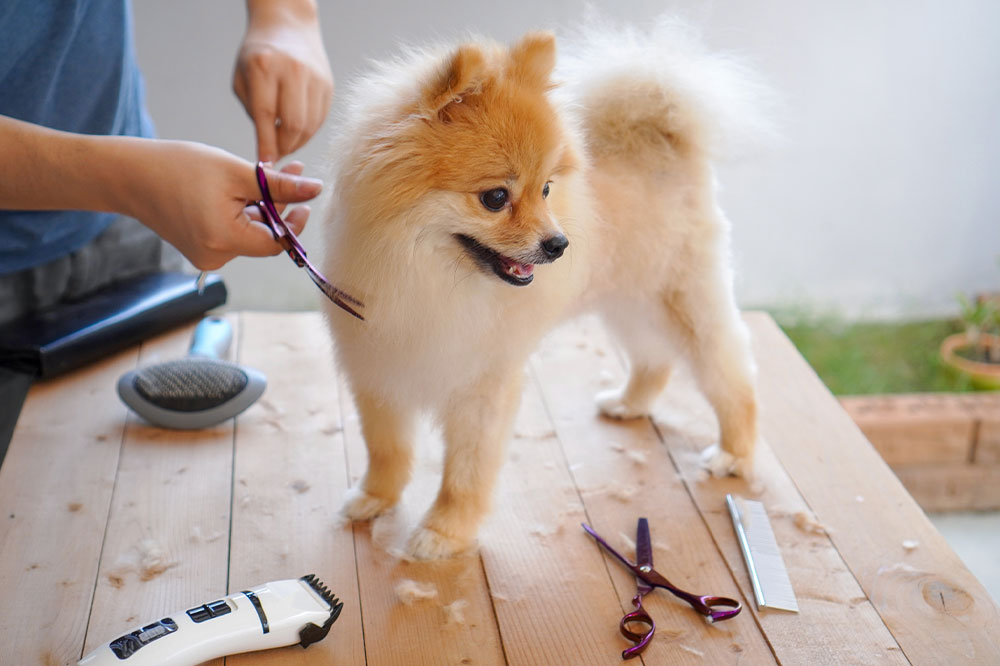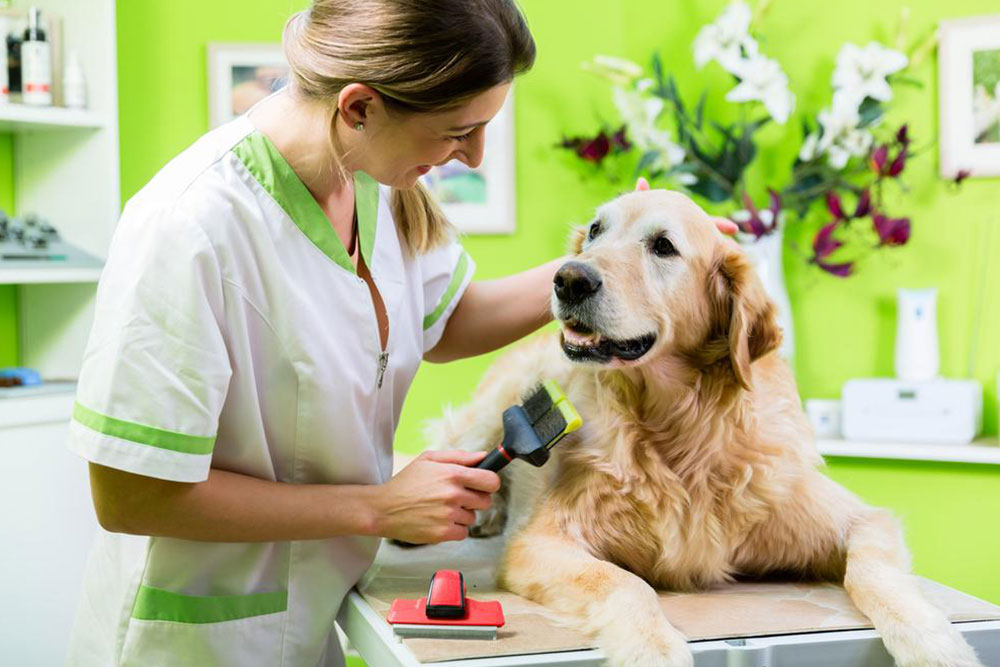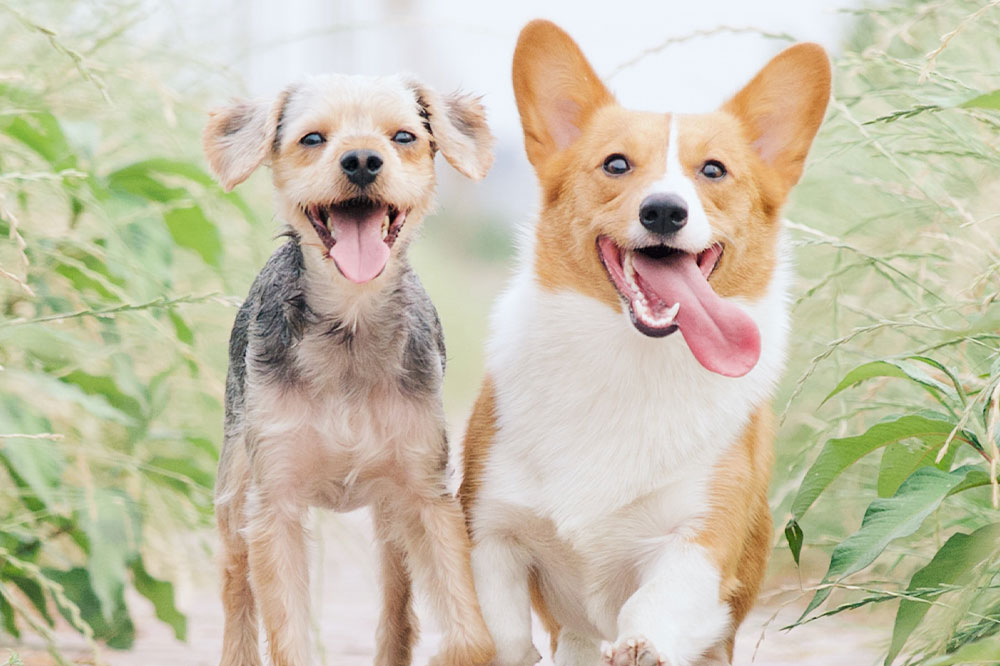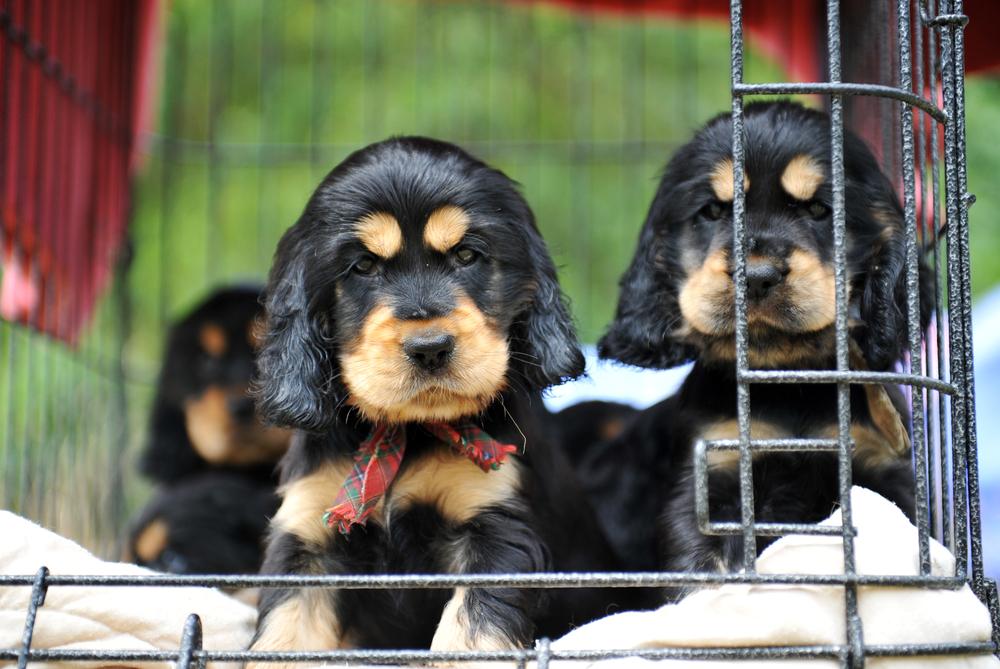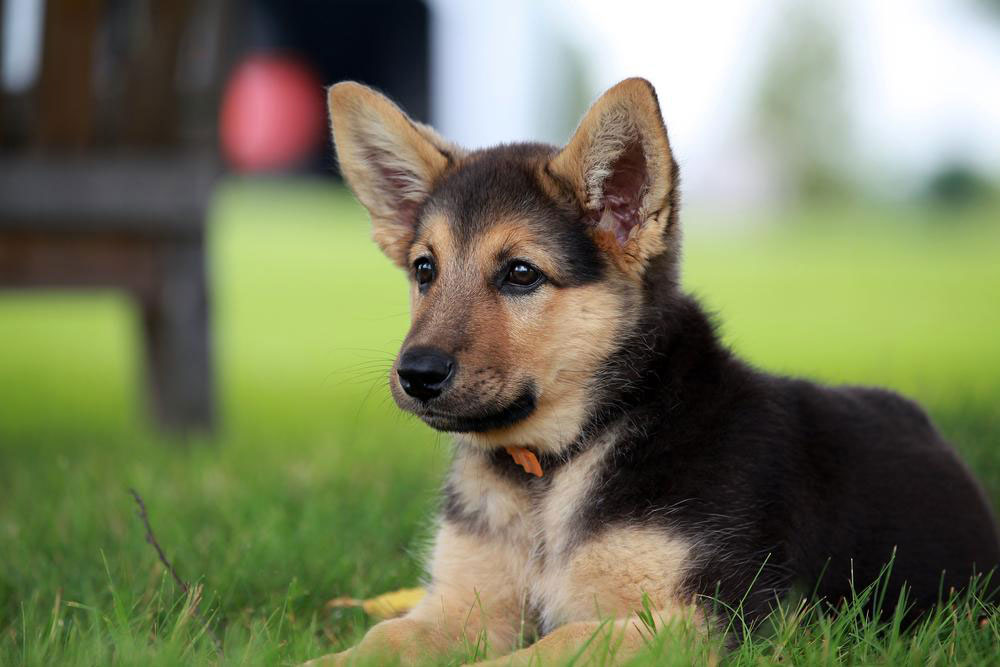Comprehensive Guide to Caring for Your Chihuahua: Essential Tips for a Healthy and Happy Companion
Discover comprehensive care tips for your Chihuahua, emphasizing proper nutrition, grooming, health monitoring, and creating a safe environment. This guide helps owners ensure their tiny dogs remain healthy, happy, and well-adjusted, covering everything from diet and grooming routines to safety precautions and behavioral training. Perfect for new and experienced owners alike, it highlights essential steps to enhance the well-being of your beloved Chihuahua, fostering a long-lasting and loving relationship.

Comprehensive Guide to Caring for Your Chihuahua: Essential Tips for a Healthy and Happy Companion
Chihuahuas are renowned for their tiny stature, lively personalities, and adorable appearance, making them one of the most popular small dog breeds worldwide. Their charming looks and spirited nature have won the hearts of many dog lovers. However, owning a Chihuahua comes with unique responsibilities, especially given their delicate frame and specific health needs. Proper care, including nutrition, grooming, exercise, and health monitoring, is vital to ensure these little dogs lead long, happy, and healthy lives.
This guide aims to provide comprehensive advice on caring for your Chihuahua, covering essential aspects such as nutrition, grooming routines, health precautions, and behavioral tips. Whether you are a new dog owner or have had Chihuahuas before, understanding these key points will help you nurture a well-rounded and content companion.
Understanding the Unique Needs of Your Chihuahua
Chihuahuas are characterized by their small size, often weighing between 2 to 6 pounds and standing around 5 to 8 inches tall. They have a distinctive apple-shaped head, large expressive eyes, and prominent ears. Their coat can be short-haired or long-haired, requiring different grooming routines. Despite their tiny stature, Chihuahuas possess a bold and confident temperament, often acting as if they are much larger than they really are. This brave personality can sometimes lead to behavioral issues if not properly trained.
Due to their fragile build and high sensitivity, Chihuahuas require special attention in their daily routines. They are prone to certain health problems, including hypoglycemia, dental issues, and respiratory conditions, which make regular veterinary check-ups indispensable. Additionally, because they have a thin coat and small body mass, exposure to cold weather can be dangerous, necessitating appropriate clothing or indoor shelter.
Proper Nutrition and Diet Management
Feeding a Chihuahua a balanced and nutritious diet is fundamental to maintaining their health and vitality. Because of their small size, they require small, frequent meals to prevent issues like hypoglycemia — a dangerous condition characterized by a rapid drop in blood glucose levels, especially common in puppies aged 4-6 months. High-quality commercial dog food designed for small breeds is a good choice, but it’s important to check ingredient lists for adequate protein, healthy fats, and essential vitamins.
In addition to commercial food, natural treats such as cooked vegetables, fruits (like blueberries and apple slices without seeds), and occasional lean meats can provide variety and additional nutrients. Avoid foods that are toxic to dogs, such as chocolate, grapes, onions, and garlic. Hydration is equally critical: always ensure your Chihuahua has access to fresh, clean water throughout the day.
Monitoring your dog’s weight and adjusting portion sizes accordingly helps prevent obesity, which can worsen joint problems and other health concerns. Regular feeding schedules and avoiding overfeeding are key to keeping your tiny companion healthy and active.
Grooming and Coat Care for Your Chihuahua
Grooming is an essential aspect of Chihuahua care that impacts their overall hygiene and skin health. Short-haired Chihuahuas typically require less frequent grooming—brushing once a week suffices—while long-haired variants need more regular brushing (2-3 times a week) to prevent matting and hair tangles. Regular baths should be scheduled every 4-6 weeks, using lukewarm water and canine-safe shampoo to keep their coat clean and free of parasites.
In addition to grooming, maintaining good dental hygiene is crucial, as dental disease is common in small breeds. Daily brushing of their teeth with dog-specific toothpaste can prevent plaque buildup and gingivitis. Additionally, routine ear cleaning and nail trimming should be incorporated into the grooming routine to prevent infections and discomfort.
Pay special attention to their eyes and ears, ensuring they are free from discharge or redness. Regular grooming not only keeps your Chihuahua looking adorable but also helps you monitor for early signs of health issues.
Health Monitoring and Preventive Care
Regular veterinary visits are essential to ensure your Chihuahua remains in optimal health. Vaccinations should be kept up-to-date protecting them from common canine diseases such as rabies, distemper, and parvovirus. Young puppies, especially between 4-6 months, are susceptible to hypoglycemia, which can cause lethargy, seizures, or even be fatal if untreated. Recognizing early signs such as weakness, trembling, or excessive sleepiness is crucial for prompt treatment.
To prevent injuries, avoid letting your Chihuahua jump from heights over 2 feet, as their tiny frame can easily sustain fractures or sprains. Using a harness instead of a collar is recommended to protect their delicate trachea and reduce the risk of breathing difficulties. During walks, opt for a harness rather than a collar to avoid pressure on their neck and prevent choking.
Protecting your Chihuahua from extreme temperatures is vital. Due to their small size, they are more vulnerable to cold weather; dressing them in dog sweaters or coats during winter is advisable. Conversely, avoid exposing them to direct sunlight for long periods, which can lead to heatstroke. Keep their environment cool and shaded, especially during the hot summer months.
Dental care is equally important; regular teeth brushing and professional cleanings can prevent many health issues related to oral hygiene. Recognize signs of health concerns early, including coughing, sneezing, or changes in appetite, and consult your veterinarian promptly to maintain your Chihuahua’s well-being.
Exercise and Mental Stimulation
Despite their small size, Chihuahuas are energetic and require daily exercise to stay healthy and happy. Short walks around the neighborhood, combined with play sessions indoors, can help expend their energy and prevent behavioral problems stemming from boredom. Even 15-20 minute walks are sufficient for their size, but consistency is key.
In addition to physical activity, mental stimulation is vital. Engage your Chihuahua with toys, puzzle feeders, and interactive games that challenge their intelligence and keep their minds active. Training sessions using positive reinforcement help improve social skills and obedience, preventing issues like excessive barking or aggression.
Because of their fragile structure, avoid high-impact activities such as jumping from furniture or stairs. Use safety harnesses during outdoor activities and supervise playtime to prevent injuries. Providing a comfortable space for rest after exercise helps your Chihuahua recover and relax.
Environmental Safety and Comfort
Creating a safe and comfortable environment for your Chihuahua is fundamental. Since they are prone to cold, ensure their indoor space is warm and cozy, especially during winter months. Soft bedding, such as fleece blankets and cushioned beds, provide comfort and support, preventing joint issues and skin irritations.
Keep hazardous household items out of reach—these include electrical cords, small objects that can be swallowed, toxic plants, and chemicals. Secure trash bins and organize your living space to minimize risks. If you have other pets or small children, supervise interactions to prevent unintentional injuries or stress.
For outdoor safety, always supervise your Chihuahua during walks in unfamiliar areas. Use a secure harness and leash, and avoid highly trafficked or noisy environments that can cause anxiety. Building a quiet, dedicated space indoors where your dog can retreat and relax fosters a sense of security and well-being.
Incorporate regular routines for feeding, grooming, play, and rest to foster a sense of stability. Proper environmental management enhances your Chihuahua's overall health and happiness.
Conclusion: Happy, Healthy Chihuahua, Happy Owner
Owning a Chihuahua can be a rewarding experience filled with love, companionship, and joy. However, their care requires dedication, attention to detail, and understanding of their specific needs. By providing proper nutrition, regular grooming, health monitoring, and a safe environment, you can ensure that your tiny friend remains energetic, healthy, and happy for years to come.
Remember, your veterinarian is your best resource for personalized advice and preventive care. Building a strong bond through training, play, and compassionate care will create a rewarding relationship that lasts a lifetime. Pay attention to your Chihuahua’s behaviors and health cues, and never hesitate to seek professional help when needed. With proper care, your Chihuahua can be a loyal and delightful part of your family for many years.
